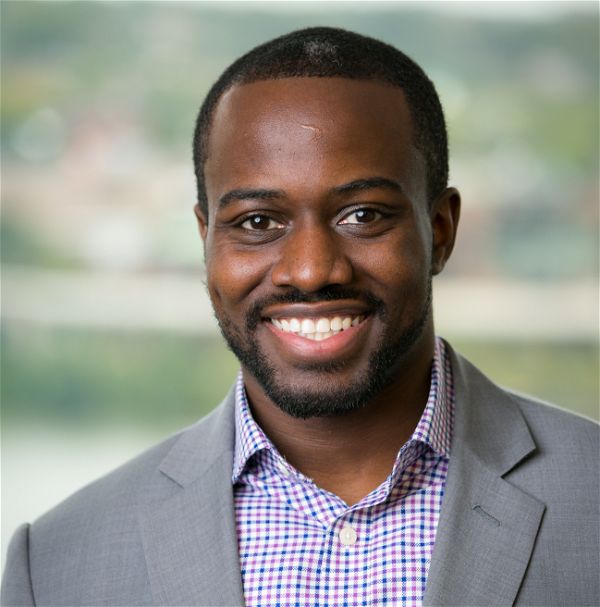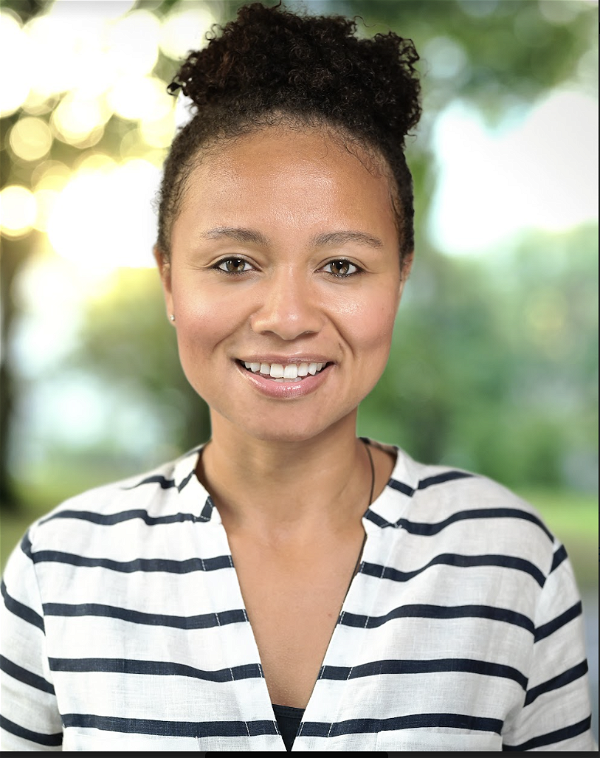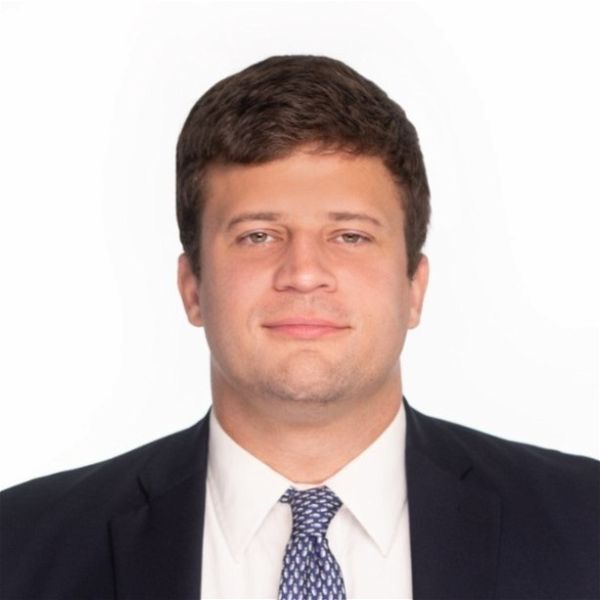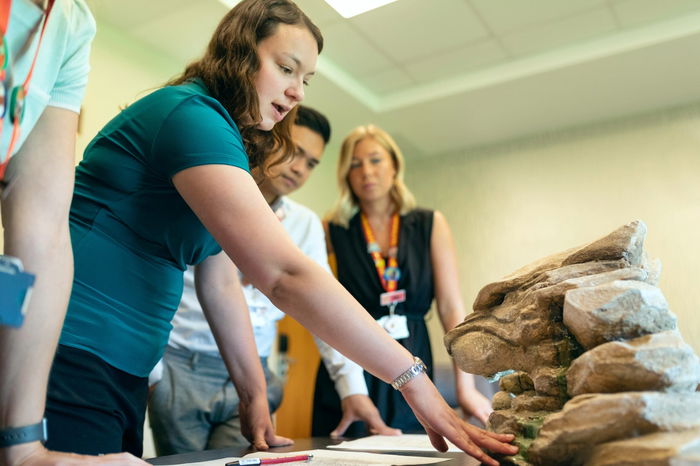
Pioneering Climate Resilient Jobs
November 7, 2023
At A Glance
Meet the New JFFLabs Entrepreneurs in Residence Cohort
In an era of rapidly escalating climate challenges and opportunities, the need for innovative solutions to mitigate the effects of climate change has never been more urgent. And in a society where millions of people have limited access to quality jobs, it’s especially important that those solutions help drive equitable economic advancement.
The JFFLabs Climate Resilient Solutions entrepreneurs in residence cohort is a dynamic group of visionary entrepreneurs who are leading the charge in revolutionizing the green economy. Their mission is twofold: to address the environmental challenges associated with climate change while also eradicating systemic racial and socioeconomic inequities by creating quality green jobs that are accessible to all. Together, their collective solutions are laying the groundwork for a more sustainable future and eliminating barriers that have long prevented many people from accessing quality jobs.
Learn more about each member of this inspiring cohort and explore how their companies and products are at the forefront of the movement to promote climate resilience and inclusive economic growth. From transforming waste into valuable biomaterials to repurposing biomass waste for clean energy, navigating the green labor market, connecting jobseekers with opportunities, revolutionizing agriculture, and reinventing freight transportation, these entrepreneurs are creating solutions that not only combat climate change but also break down barriers to quality employment.

Stefano Alva, Farm to Flame Energy

Shakir Cannon-Moye, Julius

Kala Fleming, Frontline Gig

Robert Luo, Mi Terro

Tinia Pina, Re-Nuble

Max Yergan, Emissionless
The members of the JFFLabs Climate Resilient Solutions entrepreneurs in residence cohort lead innovative companies that are building a more environmentally sustainable and equitable future.
They each work in different sector of the economy and offer unique solutions, but they share a commitment to curbing climate change and mitigating its impacts while also embracing JFF’s mission to drive equitable economic advancement through their efforts to expand career opportunities in the green economy and help workers develop skills and expertise that prepare them for quality jobs.
As these entrepreneurs continue to push the boundaries of what’s possible in the green economy, they offer hope for a world where climate resilience and quality green jobs go hand in hand, creating a brighter and more sustainable future for all.
This new cohort is supported by the Ares Charitable Foundation through the Climate-Resilient Employees for a Sustainable Tomorrow (CREST) initiative. CREST is a five-year, $25 million career preparation and reskilling initiative of the Ares Foundation that aims to close the gap between the demand for a skilled workforce for green jobs and the number of people prepared for these opportunities. Working with our partners and local communities, we can deepen our impact, harness new opportunities and help create a green, resilient future that benefits generations to come.
Related Content

Climate-Resilient Employees for a Sustainable Tomorrow (CREST)
To build an inclusive, resilient economy, more workers will need to be equipped with skills needed to navigate a growing green economy. As that world adapts to a changing climate, we are committed to accelerating…

JFFLabs Climate Innovation
Mobilizing partners toward a climate-resilient workforce. The climate crisis presents challenges and opportunities across society. Corporations are struggling to prepare their organizations and the jobs within them to withstand the shifting landscape; meanwhile, workers who…